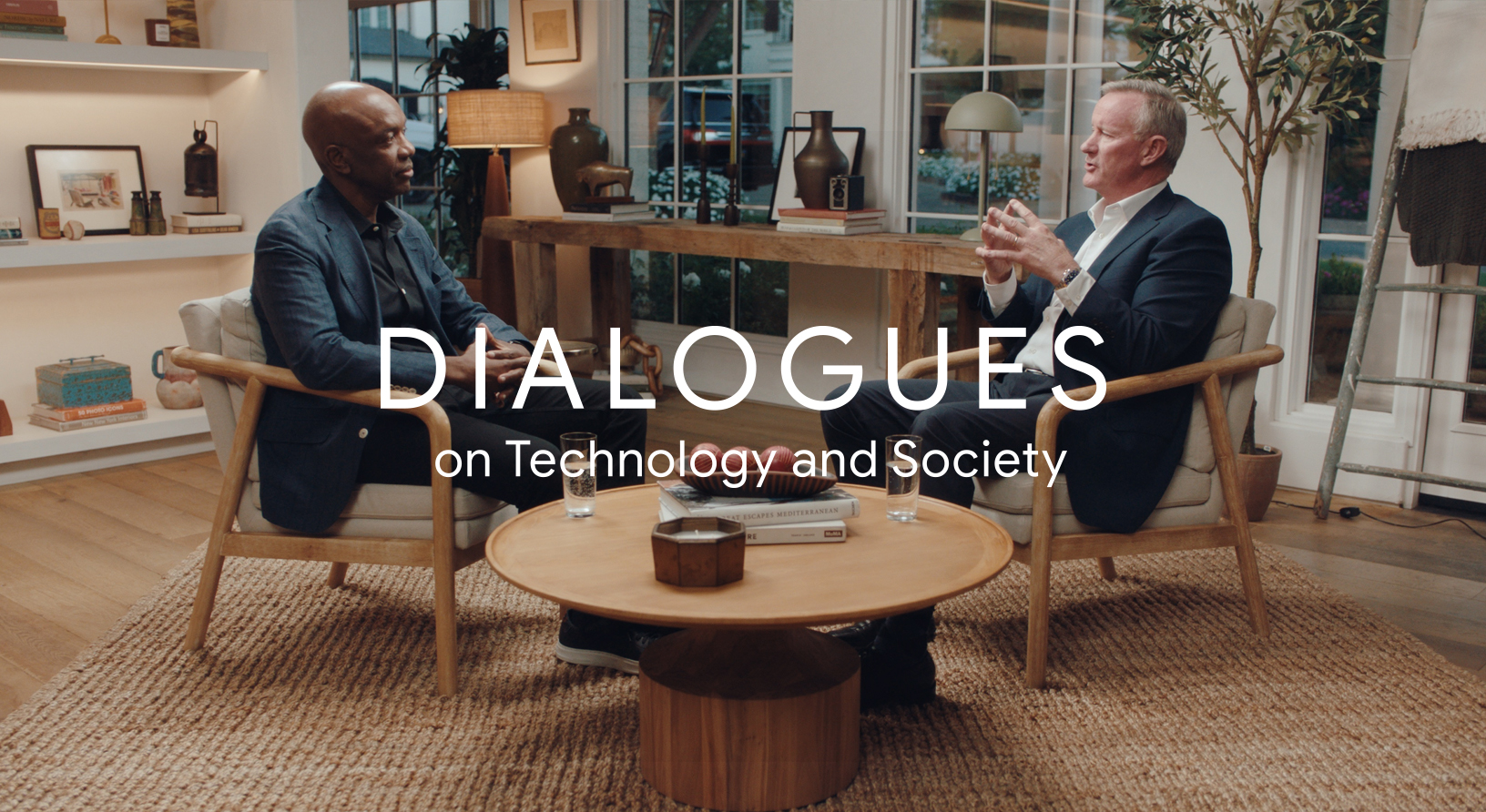Society needs to move “full speed ahead” on AI but keep “eyes wide open” to its risks, according to Ret. Admiral William McRaven.
McRaven, a four-star admiral and 37-year Navy veteran, has authored several bestselling books and served as the University of Texas Chancellor. He spoke with James Manyika, SVP of Research, Technology & Society at Google, to exchange thoughts on education, leadership and how to maximize the benefits of AI for society.
“The potential of AI and machine learning is so great that my belief is we need to go ahead – full steam ahead, recognizing we’ve got to go with our eyes wide open, recognizing there are risks out there,” McRaven said.
Manyika agreed, noting that McRaven’s years of public service provided “enormous lessons” about “leading with integrity and character” to serve the public good. In the same way, technology needs to be accountable to society.
“One of the things we're trying to do is to think about the role of technology in society,” Manyika said. “So by [partnering with] society, we're trying to take account of how does this impact society, how is it accountable to society?”
